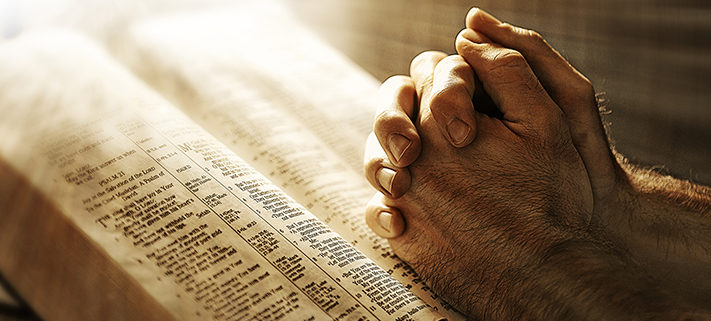I believe in…the resurrection of the body
By his power God raised the Lord from the dead, and he will raise us also. – 1 Corinthians 6:14
The Resurrection of the Body
By the grace of God I am led to confess this truth: “I believe in the resurrection of the body.” The same God who powerfully raised the Lord Jesus from the dead will, by that same power, also raise me. That is his promise. When Jesus comes again, I am going to be raised from the dead!
As I confess this truth, I acknowledge that I am going to die. The Bible teaches, “The wages of sin is death.” Death is the wage of my sin. After I die, this body is going to be buried and decay, or in some other way return to the ground from which it came: earth to earth, ashes to ashes, dust to dust. In addition, I acknowledge that when God raises this body, he will once again breathe life into it. Together with Job, I confess, “In my flesh I will see God; I myself will see him with my own eyes” (Job 19:26-27). Then I will live with God forever in this body which, by the almighty power of God, will be changed from being perishable to a body that is imperishable, from a mortal to an immortal body. (See 1 Corinthians 15:35-58.)
My body is an eternal gift from God. Grasping this truth will impact how I care for it, and how I use my body in this life. However, I need to remember that there is something more to live for than preserving and enhancing my body. The fact that God will raise this body and I will live forever with him in this body leads me to be concerned about more than just how I take care of and use this body.
Knowing that God will raise, restore, and glorify this body so that I can live with him forever in heaven leads me to think about things beyond this body. It leads me to be concerned about the spiritual, eternal welfare of others. It leads me to proclaim the power of God. It leads me to point to Christ’s resurrection and its importance to those I love and even to those I don’t know. It leads me to cling to my Savior and direct others to the Savior, that more may join in this confession today, and that many may join in eternal glory when Jesus comes again.
Believe his promise about the resurrection of the body and thank God for it. No matter what happens to your currently-earth-bound body, no matter how worn out or broken it gets, through faith in Jesus you have a renewed, restored, revitalized reality to look forward to–an eternal life with God.



